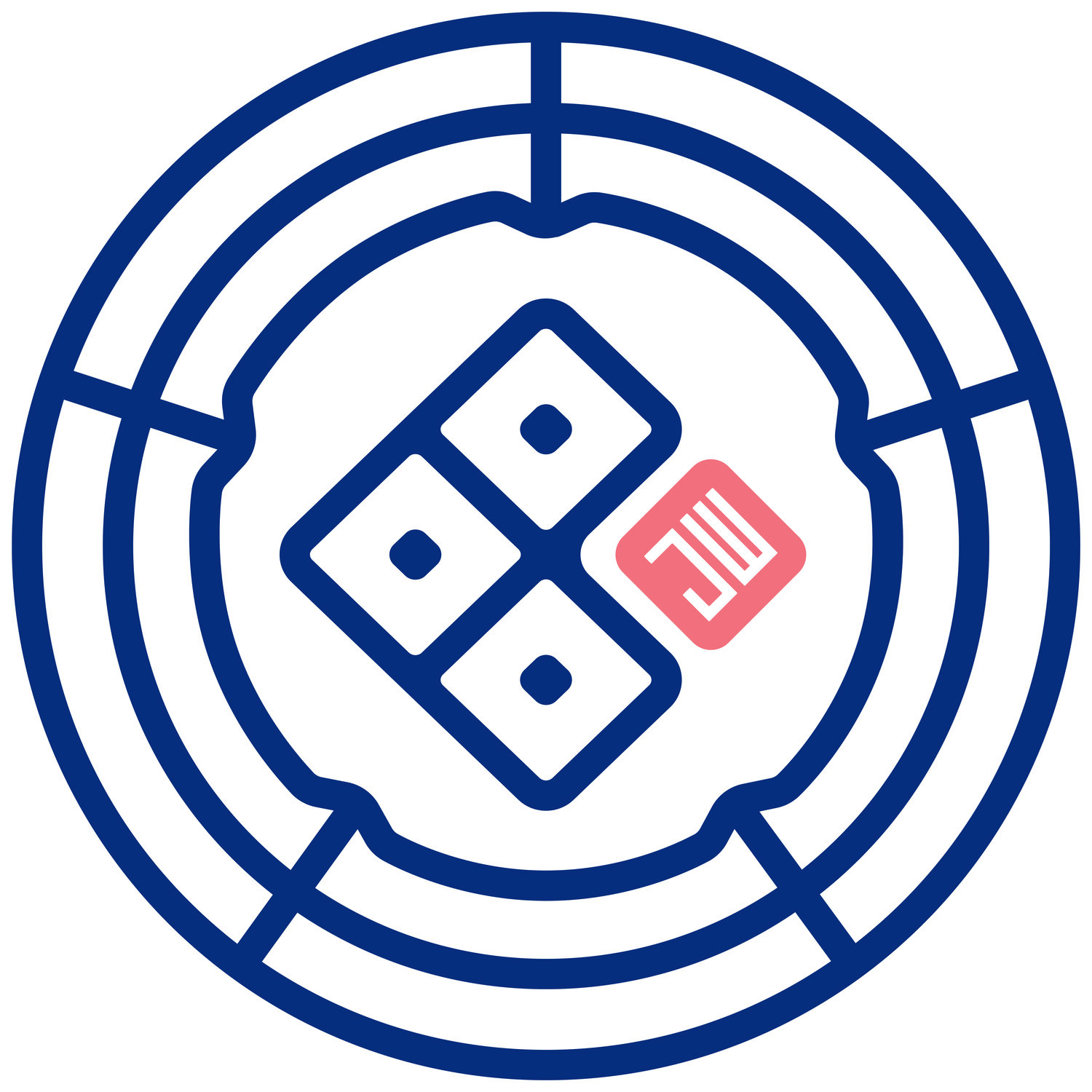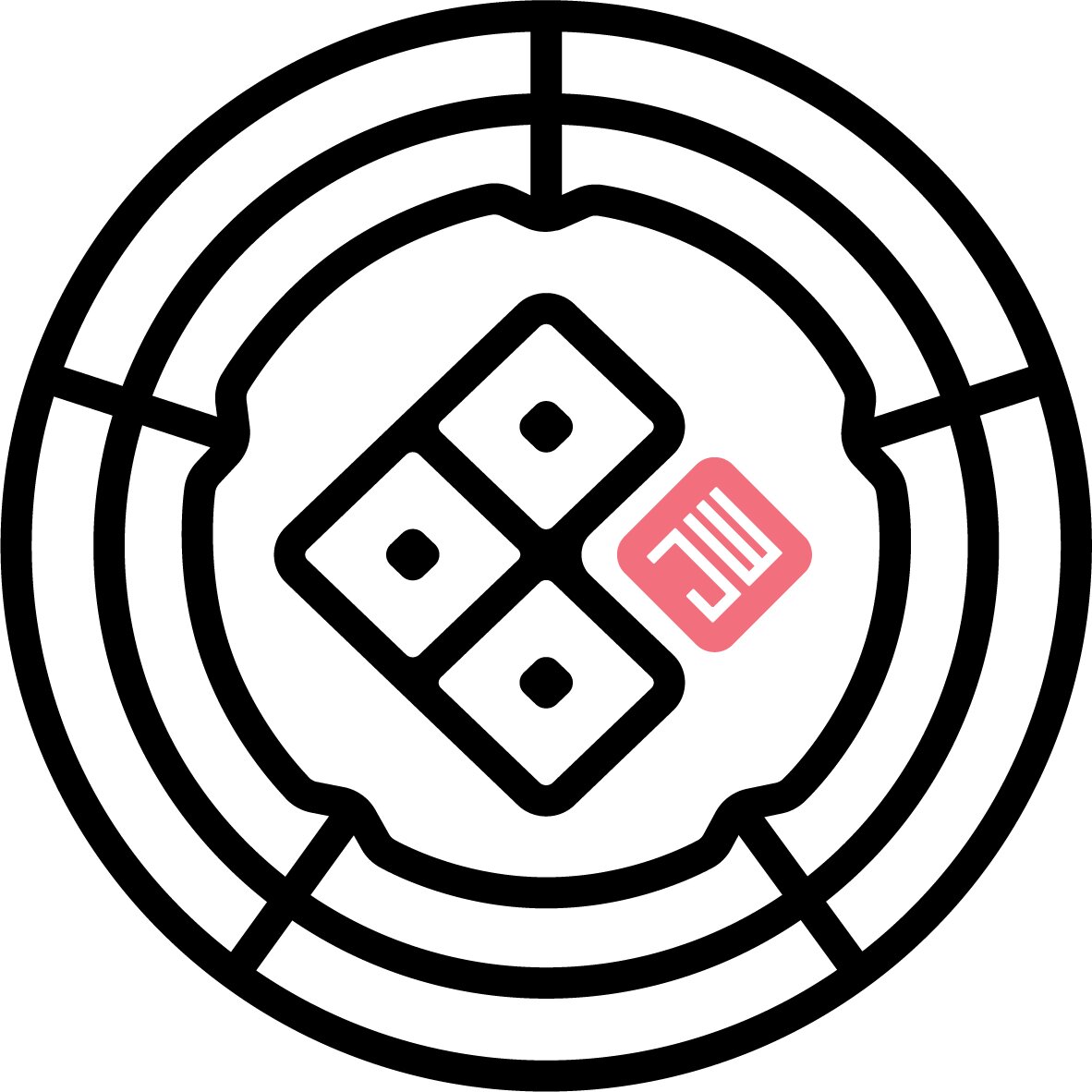Pink October (2): community
We’re not meant to go through life alone
Do you feel part of a community? Not just passively, as in living in some geographic place among strangers, but actually integrated into a community where you are known, where your wellbeing is important to others, where you support and are supported by other community members?
When I was diagnosed with breast cancer, my children were small - one in kindergarten, and the other, in preschool. What I was living through was terrifying, having lost my own mother to cancer at age 11, and I knew I wanted my children to be well cared for. I asked my husband to prioritize being with them, and turned to my community for support.
More people stepped up to help than I could have ever imagined. My kids were cocooned in love, well fed, and lovingly held by many. Admittedly, I slipped in and out of consciousness during treatment, out, really, for much of the time, but I knew that I was held, too. The feeling of support that my medical team, my family, and my community established within me before treatment even started helped get me through many, many months of pain and despair.
The idea that we are not meant to go through life alone took hold deep within me.
Me, without community
In my early 40s, the outpouring of community support felt entirely foreign to me. Before I was diagnosed with breast cancer, the thought of asking for help was borderline abhorrent. I had learned that proving myself capable, independent, and self-sufficient was something strive for, especially as a woman, and especially as an “ethnic minority” (just throwing it back to the terms I grew us with). I accepted that narrative so completely, that any bit of vulnerability, self-doubt, or interdependence was failure, deficiency, lack of character. These messages were both inside me *and* loud and clear from the people around me.
As a young adult, I did not see groups of people as a safe space, a nurturing space, a supportive space. I had convinced myself that I wouldn’t fit in before I even tried to make a connection. Looking back, I was deeply distrustful of people I didn’t know well.
Not only did I carry deep abandonment wounds from my mother’s early death and my father’s lightening fast second marriage (to his credit, he believed he was doing a good thing for us as well as for himself), my experience in school, from 5th-12th grade, was one of isolation & exclusion. There was very little in my experience at college or graduate school in two different countries, or early years of career building to make me feel any different. The idea of community support barely existed for me, and was entirely conditional & transactional.
What does community feel like for you?
Let’s pause.
How is this landing for you? My guess is that some of you are triggered by the memories of similar suffering, even without cancer, graduate school, or living in different countries. Some of you may be writing this off as dwelling on the negative. Some may be feeling compassion, empathy or connection. Some may be feeling numb, unable to connect with their own suffering or with mine.
I invite you to lean into this pause, to close your eyes if you can, and to take a few deep breaths as you scan your body for feedback. Can you recognize parts of your body that may feel tense, or anxious? Tingly, or tight? Can you recognize how shallow your breath might be and the activated or dulled state of your nervous system is? Each physical sensation that you become aware of is important information for healing the suffering from your past that you still carry with you.
All of our interactions with community support, whether they trigger inclusion or exclusion, dependability or mistrust, or any other emotion, create a backdrop that affects our willingness to trust our well being to others.
So, how do YOU feel about community? Do you feel connected? Supported? Valued? Seen? Do you feel love and pride for your contributions to your community? If you were to fall severely ill today, how confident are you that your community could hold you, and maybe even your loved ones, as you journeyed through severe illness?
What needs to shift?
The white/colonial narrative of rugged individualism has created deeply lonely, unwell people. The idea that proving ourselves independent and capable is a barrier to the kind of community connections that we actually to thrive.
We’re not going to wait for the narrative to change on the outside. We’re going to work from the inside out.
That pause a moment ago walked you through the first steps: pause, tune in, breathe, scan, & register feedback. To heal our minds and hearts, we have to tune into the body. Feedback from the body is what’s real and true in the present moment. Stories in the mind are reliving, reenacting, or reinventing the past, or projecting into the future. Healing happens in the present, so take some time tuning into how your body reacts when you bring up painful memories of exclusion, or fears of it happening again.
When we start our healing journey, we may want to start with just the little hurts. Conditioning our minds, hearts, and breath to come together and ease into a sense of calm takes practice, and time. No need to rush to the biggest hurts in your memory.
Holding your painful memories at the same time that you nourish yourself with breath and start to cultivate appreciation for the real joys and supports in your life, you can tip the scales by rewiring for a response that brings you more quickly to the feeling of knowing you are supported when crises arise.
Can you give yourself time on your meditation cushion to create the space for reflecting on your relationship to community? Can you sit with the protective feelings that get in the way of you leaning into community support?
You may need to spend a bit of time unraveling the stories you’ve woven around yourself that are feeding the idea of separateness. You may find that to create the support you need, you may need to turn away from some people in your life, and toward others. You may even want to start creating a new, intentional community around joyful, mutual support. I hope that you’ll consider leaning into *this* community of practice and pull up for class or retreats. None of us are meant to do this work alone.
If you’re reading this, we’re already in community together, and I invite you to lean in even more.

